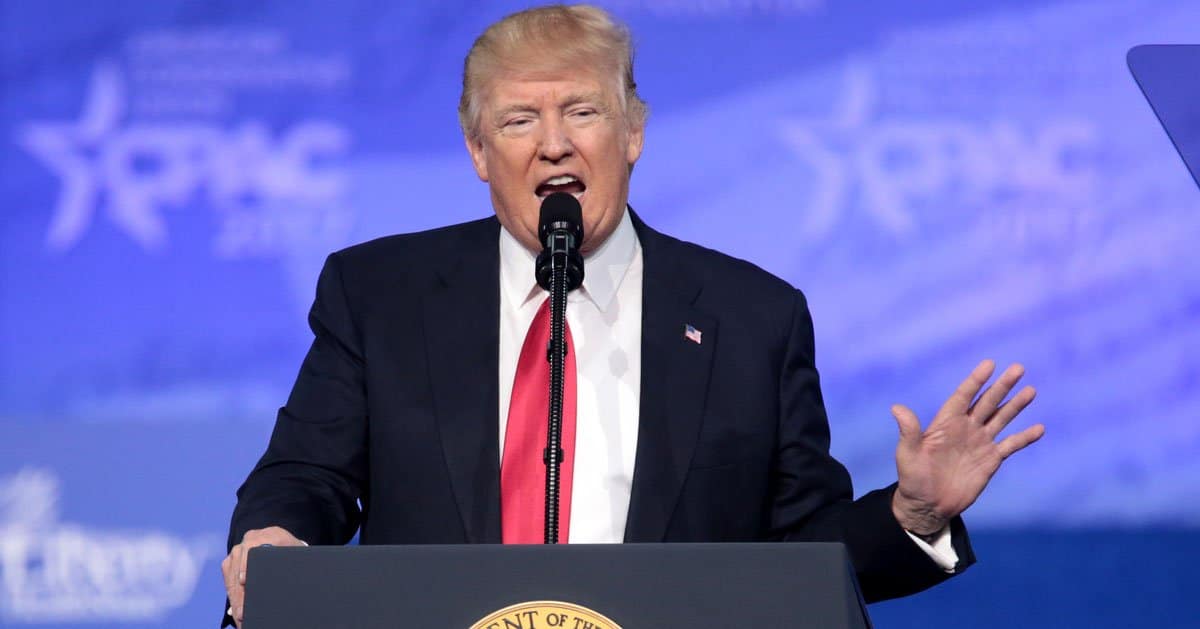








New evidence has emerged in the theft of Nancy Pelosi's laptop during the January 6 Capitol riot, implicating a different suspect than originally accused.
Local 21 News reported that more than three years after the Capitol attack, new developments implicate Kentucky's David Slinker in the Nancy Pelosi laptop theft, overturning previous accusations against Riley Williams.
The infamous January 6 attack on the U.S. Capitol remains a significant event in American history, particularly due to the theft of high-profile items such as Nancy Pelosi's laptop. Initially, Riley Williams, a Harrisburg woman, was implicated by federal authorities in the theft.
However, Williams has recently been acquitted of the laptop theft charge, although she remains convicted on six other counts related to her participation in the riot. Her acquittal raised questions about the initial narrative pushed by the government.
Despite her acquittal on this high-profile charge, the perception that Williams stole the laptop persisted. Her attorney, Lori Ulrich, criticized the government for not correcting the public narrative once evidence suggested Williams' non-involvement in the theft.
The breakthrough in the case came when FBI investigators identified David Slinker from Kentucky as the new suspect involved in the theft. This development has shifted the focus away from Williams, who had been under scrutiny for over three years.
Williams' legal team dedicated extensive resources to review security footage from the day of the riot. Their efforts were crucial in demonstrating her innocence concerning the laptop theft.
According to the security footage, Williams did not exit Pelosi's office with the laptop, contradicting the initial accusations. This evidence played a key role in her acquittal on the laptop theft charge.
Lori Ulrich, representing Williams, expressed frustration with the ongoing portrayal of her client as the thief. "The government had every reason to believe soon after January 2021 she did not take the computer, but they never changed the narrative in the media," Ulrich stated.
Ulrich further noted, "She was treated like she had stolen the computer," emphasizing the impact of the false accusations on Williams' reputation and legal treatment.
Investigator Matthew Schappell, who reviewed the video evidence, supported Ulrich's statements by noting, "I saw her at the building on video. There were no indications that she had a laptop in her person, in her purse. Nothing to indicate she was carrying a laptop."
While Williams has been acquitted of the laptop theft, her legal troubles continue as she serves time for other charges linked to her actions during the Capitol riot. Her case has highlighted potential issues in how media and government narratives can shape public perception and legal outcomes.
The recent identification of a new suspect has not only shifted the focus of the investigation but has also raised significant questions about the accuracy and promptness of information shared by authorities in high-stakes cases.
As the case develops with the new suspect, legal experts and the public alike await further details on how this will impact ongoing discussions about accountability and justice in the wake of the January 6 events.



